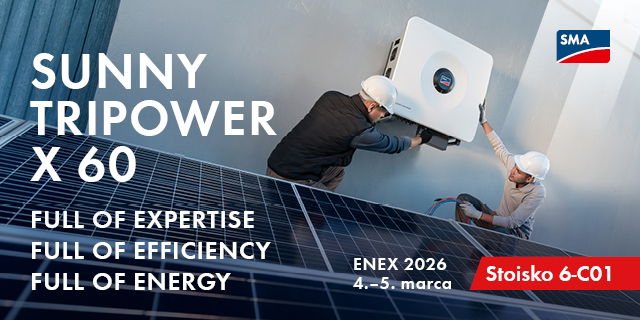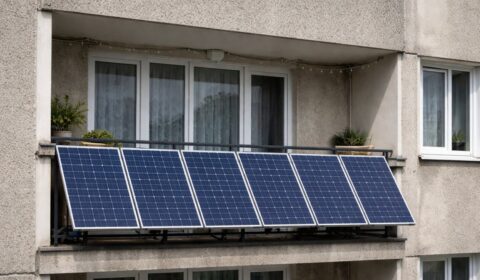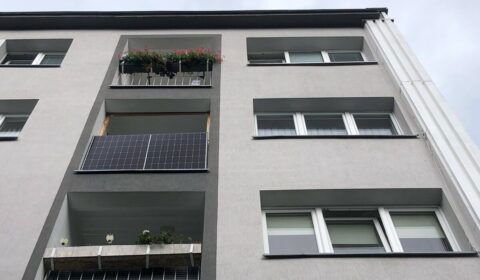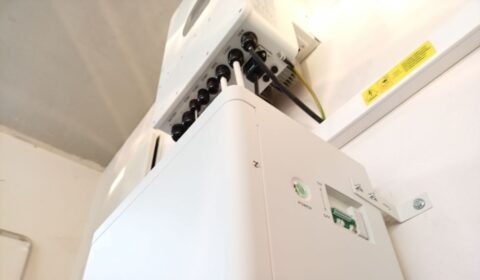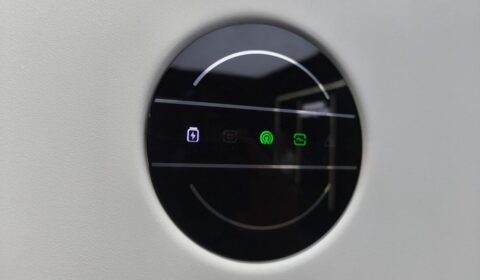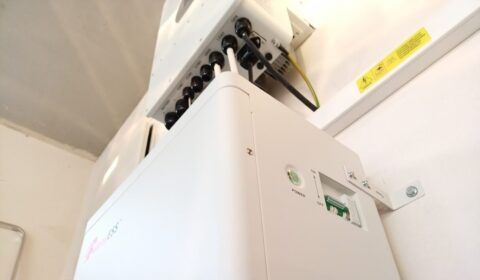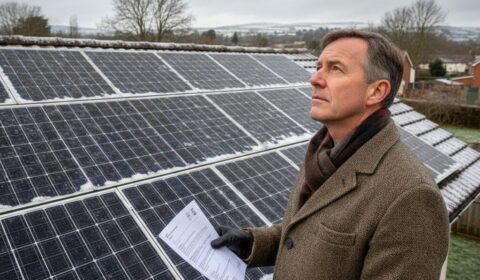ITC PTC USA
http://www.bloomberg.com/news/articles/2015-11-05/say-goodbye-to-solar-power-subsidies
http://www.kwhanalytics.com/us-solar-electricity-production-50-higher-than-previously-thought/
The largest privately owned residential solar power company in the US is calling for an end to the main tax break that supports the industry, breaking with other businesses campaigning for it to be extended.
The US investment tax credit (ITC) for solar power is scheduled to decline at the end of next year, a move the industry association has warned would cause the market to collapse and cost 100,000 jobs.
But Houston-based Sunnova Energy has written to members of Congress urging them to let it happen, as the industry will be on a stronger long-term footing if it is not supported by tax breaks.
The ITC is worth 30 per cent of the value of an installation but has been scheduled since 2008 to drop to 10 per cent for most systems, and expire completely for some, at the end of 2016.
If Congress fails to renew the ITC, the US solar market will drop from 11.3 gigawatts installed in 2016 to just 3.4GW in 2017, according to Bloomberg New Energy Finance.
Recent reports have suggested there could be a deal in Congress to phase the credit out gradually.
However, John Berger, Sunnova’s chief executive, argued in the letter that “the ITC has served its purpose” and solar “no longer needs government subsidies to survive”.
Sunnova is estimated to have more than 30,000 customers.
Companies have already started to prepare for a decline in the ITC. Elon Musk’s SolarCity, the largest US residential solar installer, plans to slow its growth and focus on cutting costs, so it could generate positive cash flow in 2017 even with an ITC of 10 per cent.
Rhone Resch, president of the Solar Energy Industries Association, said the affect would be harder on smaller businesses. “Can the big guys weather it? Yes, they probably can,” he said. “It’s the small guys who won’t survive.”























